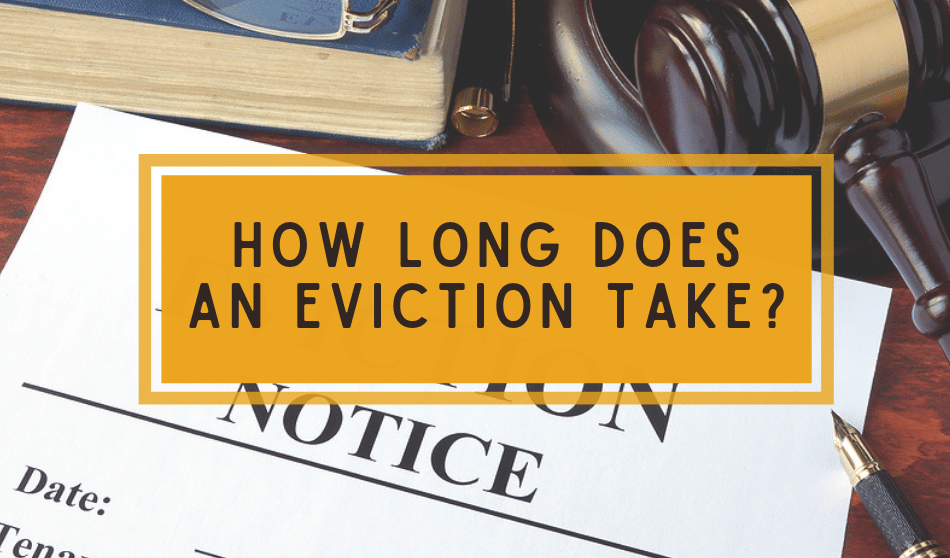How Long After Eviction Court Date Do You Have to Move
An eviction is a challenging and distressing situation, where a landlord forcibly removes a tenant from a rental property. The timeline for this process can be uncertain and anxiety-inducing, leaving many tenants wondering, “How long after an eviction court date do you have to move?” In this article, we’ll delve into the intricacies of the eviction process, outlining various factors that influence the duration of the process.
Understanding the Eviction Process
The eviction process is not uniform and can vary significantly based on multiple factors. It might commence with a written notice from the landlord, informing the tenant about the eviction and specifying the final date by which they must vacate the premises. However, this procedure can quickly escalate into a legal dispute, ultimately dictating the time frame of the eviction process. The duration of an eviction can range from a few weeks to more than a year, depending on the specific circumstances.
Factors Influencing the Eviction Timeline
1. Cause of Eviction
The nature of the eviction greatly influences the time it takes. Evictions without cause, such as when the tenant has fulfilled the lease term, generally provide tenants with more time compared to evictions with cause, like lease violations.
2. Eviction Notices
Eviction notices fall into different categories, each with its own set of rules:
- Pay Rent or Quit: If the tenant hasn’t paid rent, they typically have a few days (around three to five) to pay or vacate.
- Cure or Quit: This notice grants tenants a specific period to rectify a violation, like unauthorized pets or breaking noise rules.
- Unconditional Quit: Reserved for severe cases like chronic late payments or criminal activity, this notice provides no option for the tenant to stay.
3. Legal Proceedings
After the notice period expires, landlords may file a lawsuit for eviction, usually in civil court. The timeline for the trial can vary from a few weeks to several months, depending on the court’s availability.
4. Tenant Response
If the tenant fails to respond to the lawsuit, the court might issue a “default” judgment in favor of the landlord. However, if the tenant defends themselves, the trial process could extend.
5. Post-Trial Period
Once a judgment is made, the tenant may be given a certain amount of time to vacate, usually ranging from one to four weeks. If the tenant remains, the landlord might need to engage law enforcement to enforce eviction, adding further weeks to the timeline.
6. External Factors
Factors like pandemics, natural disasters, and civil unrest can lead to additional delays in the eviction process.
Conclusion
In summary, the timeline for moving after an eviction court date varies significantly based on numerous factors. While it could take as little as five weeks under favorable conditions, it might stretch to several months, or even a year, if there are delays, legal battles, or external disruptions. Understanding the intricacies of the eviction process and seeking legal advice when needed can help tenants navigate this challenging situation more effectively.
FAQs
Q1: Can a landlord evict a tenant without any reason? A: In some cases, yes. Landlords may evict tenants without cause, but the rules surrounding this vary based on local laws.
Q2: Can the eviction process be expedited? A: In some states, judges can order immediate eviction after the trial, but tenants often have a grace period to move out voluntarily.
Q3: What happens if the tenant refuses to leave after the eviction notice period? A: If the tenant remains, the landlord might need to involve law enforcement to forcibly evict the tenant.
Q4: Can external factors like a pandemic affect the eviction process? A: Yes, external factors like pandemics can lead to court closures and additional delays in the eviction process.
Q5: Can a tenant appeal an eviction judgment? A: Yes, tenants typically have the right to appeal an eviction judgment, which could further prolong the process.







